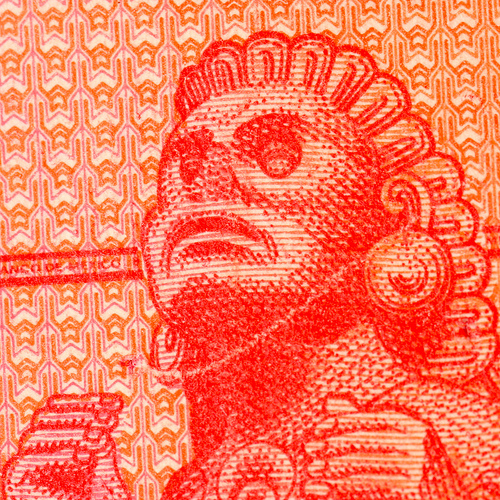 MEDIA ROOTS — Some view democracy as something we’re losing with the two-party dictatorship shredding the U.S. Constitution under a post-9/11 pretext of national security, as transnational corporations assert their will over sovereign states. Others assert democracy is a good idea yet to be realised, given the Electoral College has always been a ruling-class fail-safe against true democracy. Post-OWS, we recall the days of the robber barons, cyclic, like today’s fascist banksters.
MEDIA ROOTS — Some view democracy as something we’re losing with the two-party dictatorship shredding the U.S. Constitution under a post-9/11 pretext of national security, as transnational corporations assert their will over sovereign states. Others assert democracy is a good idea yet to be realised, given the Electoral College has always been a ruling-class fail-safe against true democracy. Post-OWS, we recall the days of the robber barons, cyclic, like today’s fascist banksters.
In a recent article, economist Dr. Michael Hudson offers a long view over millennia of humanity’s struggle for society free of tyranny and oligarchy. History, indeed, repeats itself until the masses educate one another and advance toward collective liberation. Inequality may be one of the fundamental pillars of injustice. But debt is its bedrock.
“Nearly all leading Syndicalists agree with the Anarchists that a free society can exist only through voluntary association, and that its ultimate success will depend upon the intellectual and moral development of the workers who will supplant the wage system with a new social arrangement, based on solidarity and economic well-being for all. That is Syndicalism, in theory and practice.” —Emma Goldman, February 1913.
Messina
***
MICHAEL HUDSON — Book V of Aristotle’s Politics describes the eternal transition of oligarchies making themselves into hereditary aristocracies – which end up being overthrown by tyrants or develop internal rivalries as some families decide to “take the multitude into their camp” and usher in democracy, within which an oligarchy emerges once again, followed by aristocracy, democracy, and so on throughout history.
Debt has been the main dynamic driving these shifts – always with new twists and turns. It polarizes wealth to create a creditor class, whose oligarchic rule is ended as new leaders (“tyrants” to Aristotle) win popular support by cancelling the debts and redistributing property or taking its usufruct for the state.
Since the Renaissance, however, bankers have shifted their political support to democracies. This did not reflect egalitarian or liberal political convictions as such, but rather a desire for better security for their loans. As James Steuart explained in 1767, royal borrowings remained private affairs rather than truly public debts [1]. For a sovereign’s debts to become binding upon the entire nation, elected representatives had to enact the taxes to pay their interest charges.
By giving taxpayers this voice in government, the Dutch and British democracies provided creditors with much safer claims for payment than did kings and princes whose debts died with them. But the recent debt protests from Iceland to Greece and Spain suggest that creditors are shifting their support away from democracies. They are demanding fiscal austerity and even privatization sell-offs.
This is turning international finance into a new mode of warfare. Its objective is the same as military conquest in times past: to appropriate land and mineral resources, communal infrastructure and extract tribute. In response, democracies are demanding referendums over whether to pay creditors by selling off the public domain and raising taxes to impose unemployment, falling wages and economic depression. The alternative is to write down debts or even annul them, and to re-assert regulatory control over the financial sector.
Read more about Democracy and Debt.
© 2011 Michael Hudson
Photo by flickr user Kevin Dooley










